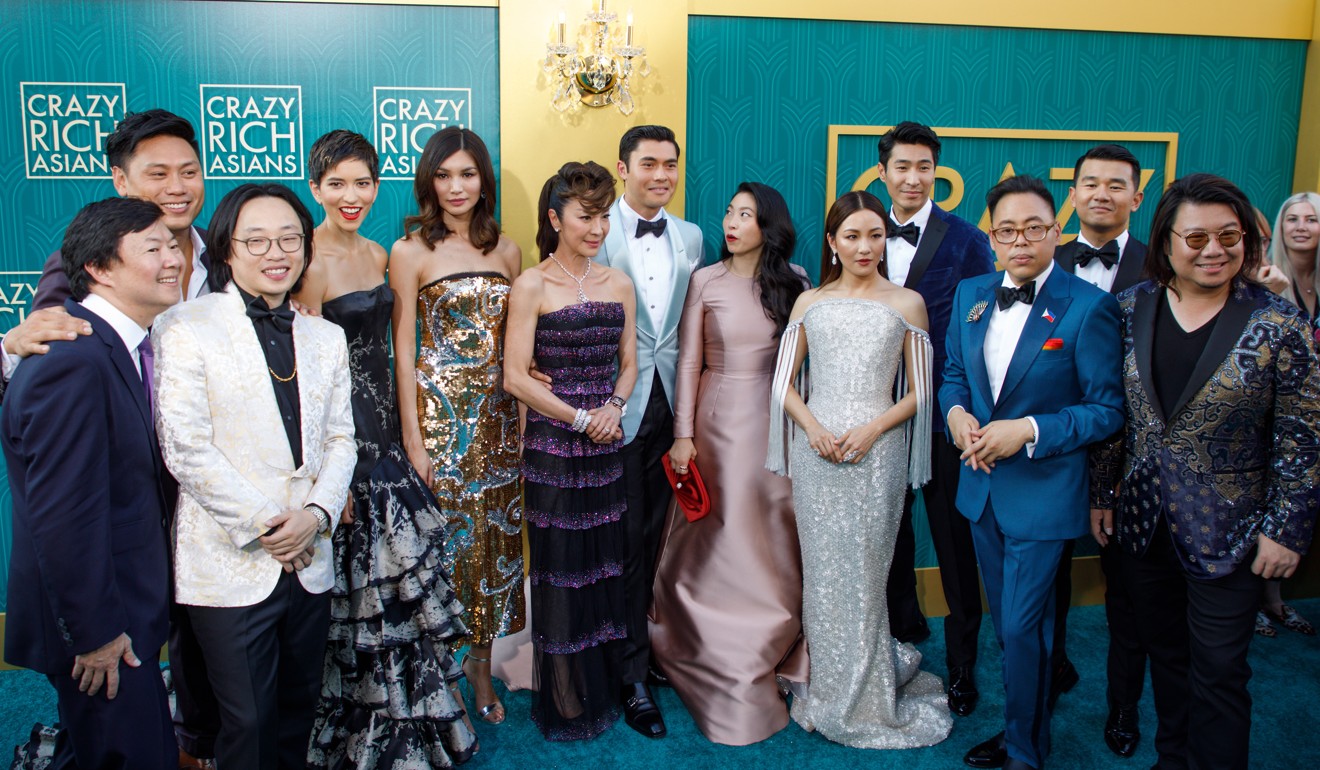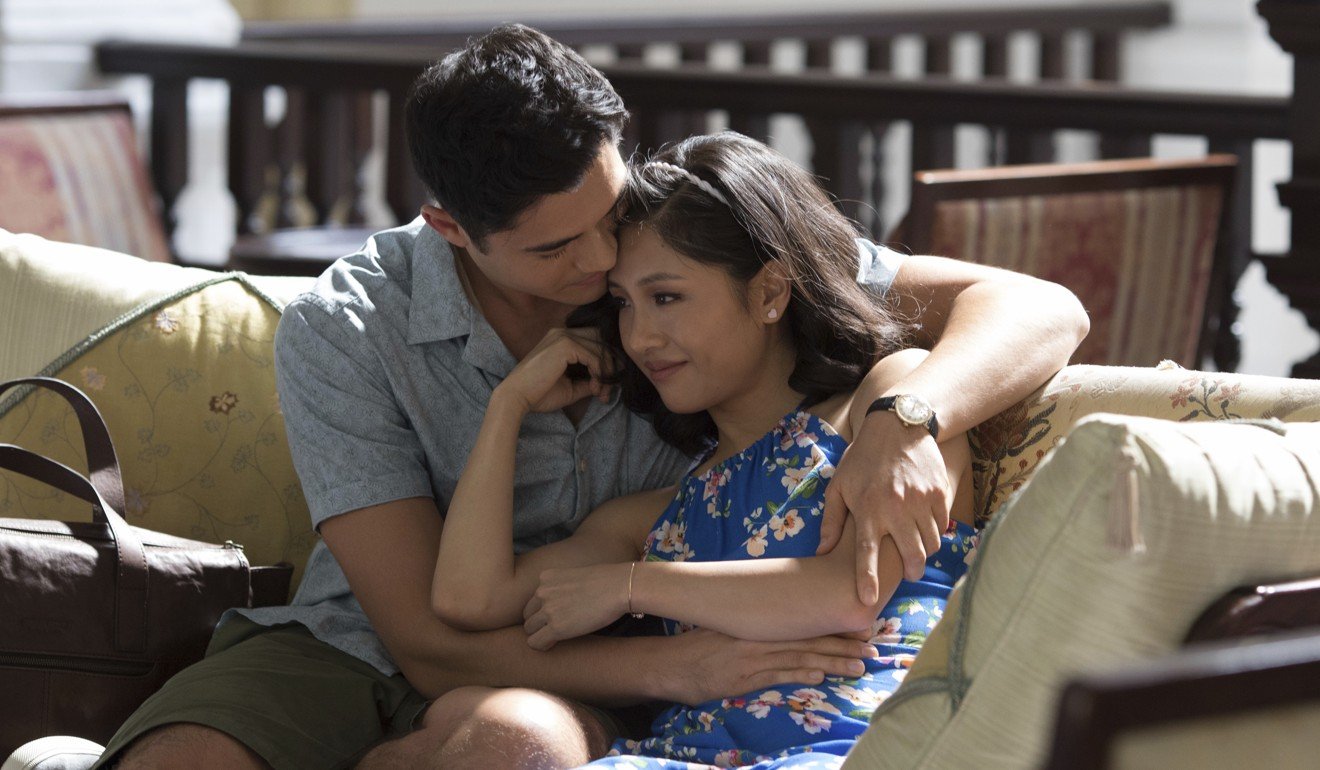
Are you crazy? Rich Asians vs Kevin Spacey is no morality tale
It may be a better movie than the underwhelming Billionaire Boys Club, but scratch beyond the surface and ignore the sugar-coating and Crazy Rich Asians is repulsive in its own way
MUCH HAS BEEN read into the box office takings of Crazy Rich Asians and the Billionaire Boys Club. The movie about Asia’s 1 per cent took in a whopping US$35 million at its opening weekend while the last film Kevin Spacey starred in before his sex scandal broke earned just US$618.
The sharp contrast has been taken as a morality tale of good vs bad; of virtue vs vice. Crazy Rich Asians is considered a strike for racial diversity in Hollywood, with its full Asian cast, following the success of Black Panther with its all-black cast. Not only did the movie avoid “whitewashing”, but it also went all the way with the politically correct route by openly auditioning Asian actors for all the key roles.
Meanwhile, BBC, as the investment club is called in the movie, features a bunch of privileged young white males who just want to be even richer, and two of their underprivileged friends – the film’s anti-heroes – who would do anything to be like them, including committing murder. It is based on a real homicide from the 1980s. Its apparent failure at the weekend box office is supposed to cement Spacey’s status as Hollywood pariah and persona non grata, after more than a dozen male actors from both sides of the Atlantic came forward alleging sexual harassment.
But you would be seriously mistaken if you think there is a moral to the story here. Indeed, if you scratch beyond the surface and ignore the sugar-coating, Crazy Rich Asians is, in some ways, also repulsive.
To be sure, it is admittedly a far better movie. It has better direction, a better script, a much bigger budget and is far nicer to look at with its beautiful and fanciful shots of Singapore. Walking through the city state’s ultra-modern Changi Airport, the heroine says: “At JFK [airport in New York], it’s all salmonella and despair.” With BBC, you have reliably trite lines like, “‘Cause when I go in, I go all in.”
For most Americans, the gilded lifestyle of super-rich Asians is a cultural novelty whereas they have all seen rich spoiled brats and their wannabes from Oliver Stone’s Wall Street to Martin Scorsese’s The Wolf of Wall Street and many others besides.
But when it comes to acting, Spacey still steals all the scenes. He has played monster and predator in his long career and may be one in real life. But knowing that about the Oscar-winning actor makes him playing the crook here all the more intriguing. In fact, for a movie that went out of its way in its marketing to delete all references to Spacey, he is the only one worth watching.
Saudi Arabia brings gun to knife fight with Canada. Deja vu, China?
As for the movie’s pitiful box office take, it has been pointed out that distributor Vertical Entertainment specialises in video-on-demand, not theatrical releases. It picked just 11 theatres in the United States, none of them in prime locations, according to Deadline Hollywood.
“Industry sources believe that Billionaire Boys Club easily could churn a seven-digit revenue on pay-per-view,” it reported.
Its box office bomb has less to do with Spacey than the way it was marketed.
It is doubly ironic that while Crazy Rich Asians is being celebrated in America for promoting racial diversity, it is being criticised in some quarters in Singapore for the lack of it.
“For all the hype, Crazy Rich Asians was a poor representation of their country and culture,” said an op-ed in The Washington Post.

In the movie, all the rich people are ethnic Chinese, while the servants and security guards are Indians and Malays. It could be more accurately titled ‘Crazy Rich Chinese’.
While that may well be the reality in Singapore and much of East Asia, it only highlights the class, racial and economic disparities. After all, a quarter of Singapore’s population are Malay, Indian and Eurasian, along with many migrant workers from Bangladesh and the Philippines.
Dumplings, tai chi and a hint of racism: a Chinatown takes root in Tokyo
Interestingly, the movie also perpetuates a stereotype of Chinese-Americans as model citizens and good earners in the US.
The heroine is a Chinese-American professor of economics in New York, while her fiancé is a fellow academic who happens to be the scion of one of Singapore’s richest families.
“Picture-perfect images of the immigrant success story,” wrote The New York Times about the movie. “Viewers might even get the impression from watching the film that every Asian lives a charmed life.”

Social statistics tell a different story. Within major racial groups in the US, Asians have the most disparity in income, compared with whites, blacks and Hispanics. The top 10 per cent of Asians earn 10.7 times more than the bottom 10 per cent. Those living in poverty grew by 44 per cent from 170,000 in 2000 to more than 245,000 in 2016.
Comparable inequalities must also exist in Singapore.
A movie may be just a movie. But with those two, it seems people are happy to project their own wishes and fantasies, resentment and expectations on to them. ■
Alex Lo is a senior writer at the South China Morning Post

